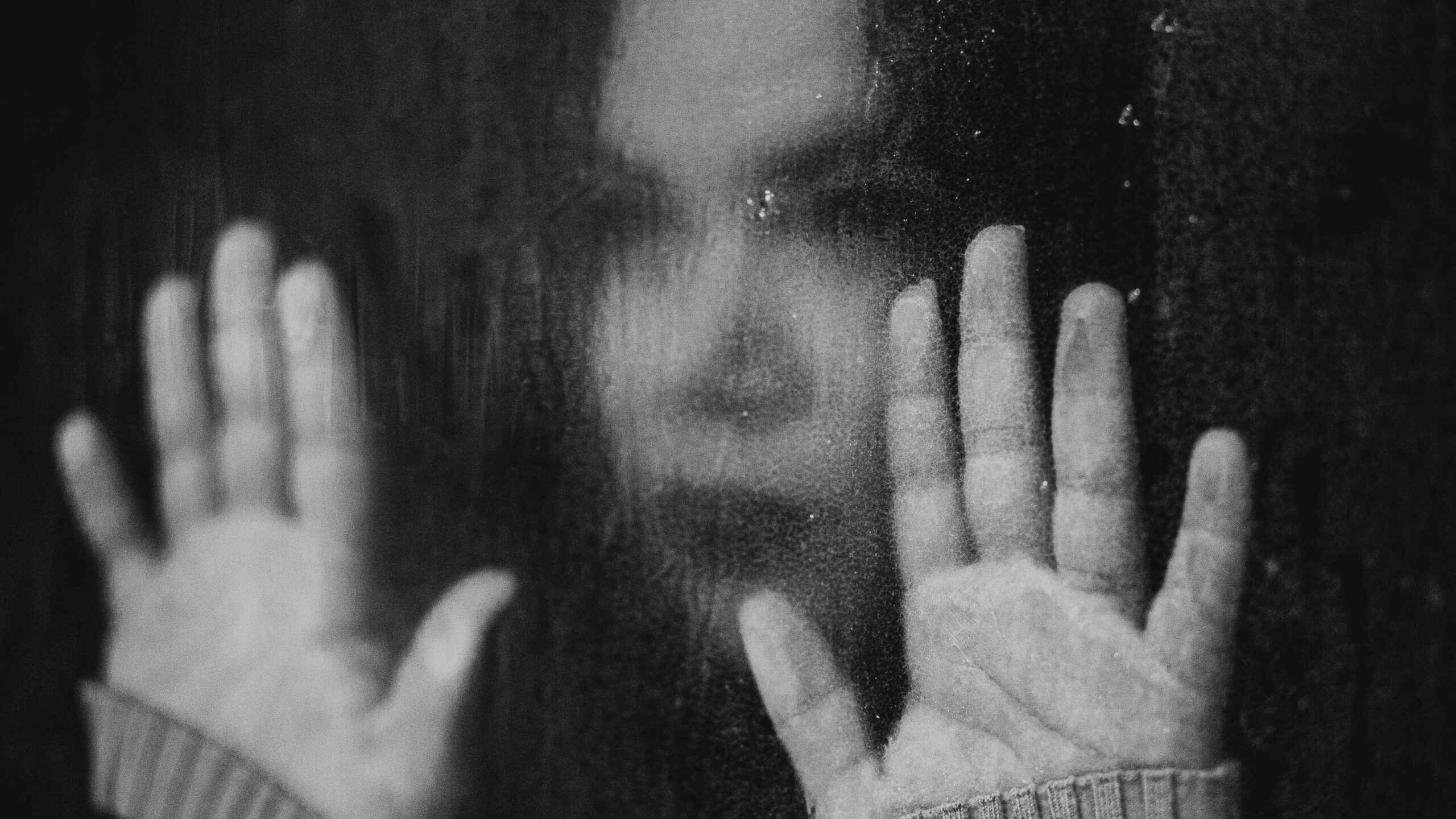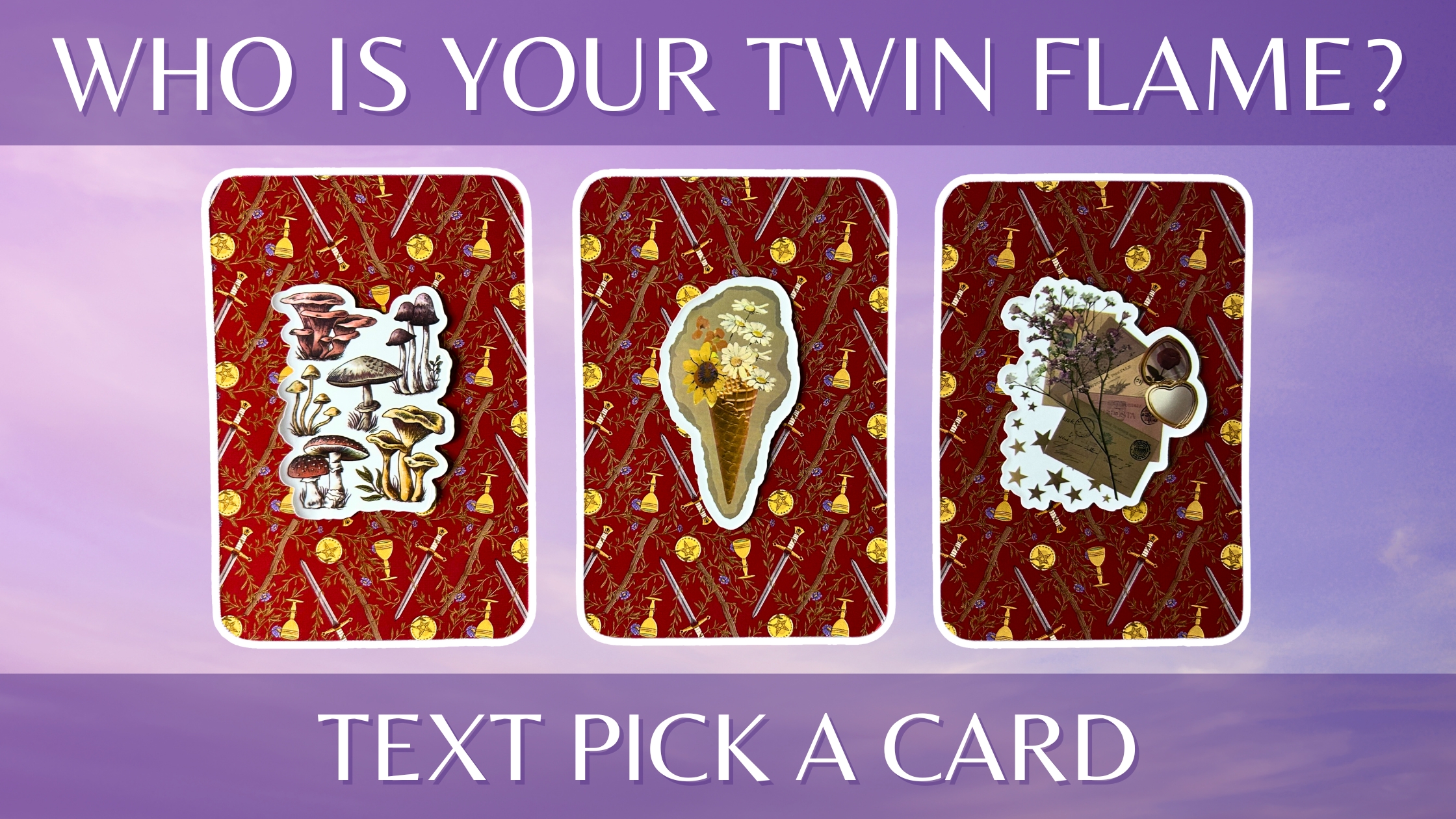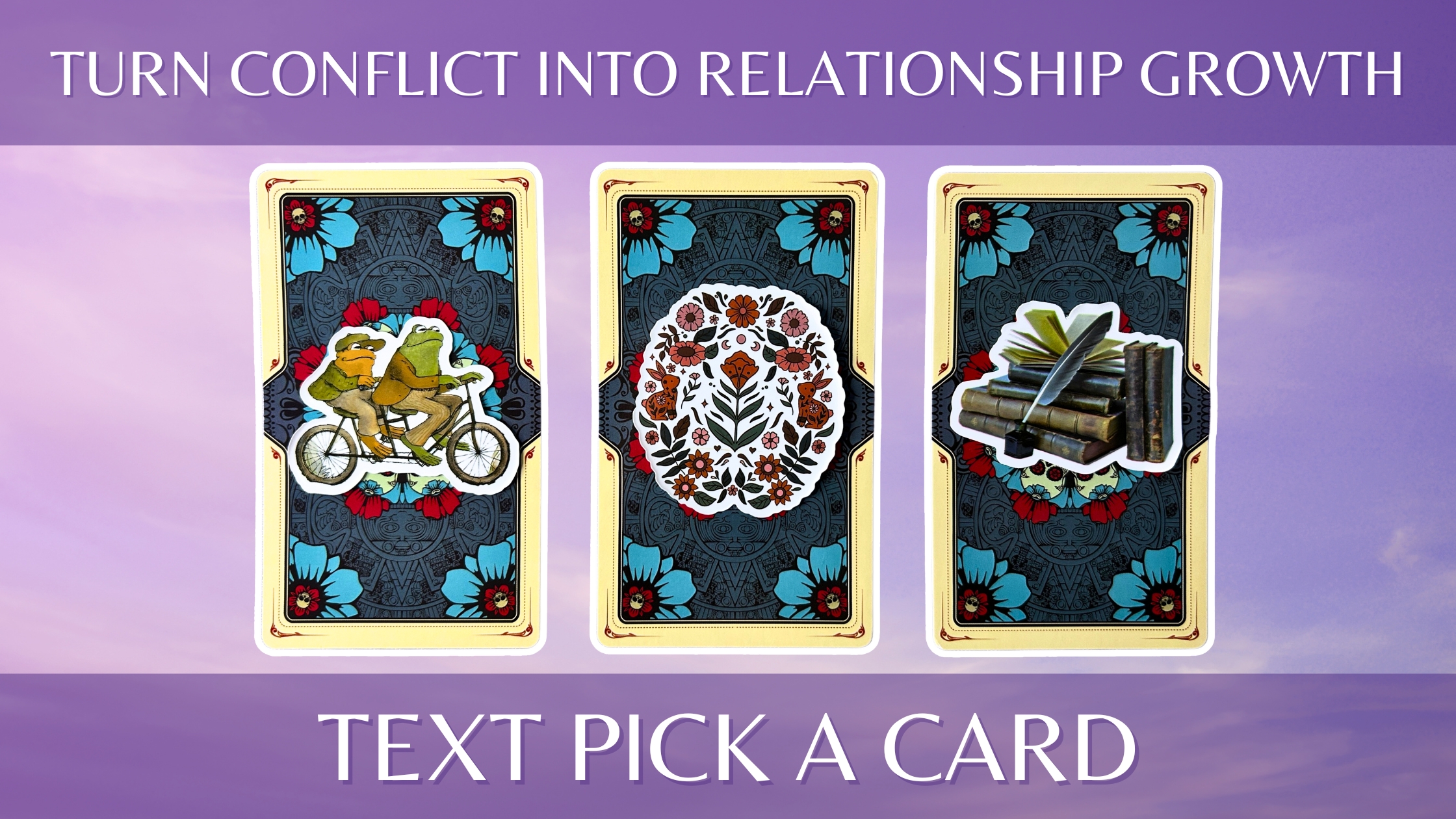4 Reasons Empaths Have Codependent Relationships
Empaths have the special gift of emotional awareness. This awareness is so powerful they take on the emotional energy of another person.
That means empaths feel joy when someone’s happy and pain when someone’s suffering. A gift like this helps an empath truly understand what a person needs in critical situations. They’re healers and we need more of them.
But this gift comes at a cost: empaths can find themselves in codependent relationships because they’re unable to differentiate the emotions of other people and themselves.
Here’s what you need to know about this unfortunate empathic tendency.
1. Empaths Feel Helpless to Save Animals
Young empaths face death early. They’re keenly aware of the emotional energy in their environment and pick up on the pain of animals around them. It wouldn’t be unusual for an empath to find an injured animal while outside playing and bring it home to be nursed.
But their caring nature doesn’t always end well. Not every animal can be saved, and there has been more than one empath who has watched animal documentaries with tears in their eyes from the harshness of life.
They have trouble understanding why animals must go through so much pain before disappearing entirely. But it’s even worse when they realize some animals can be saved, but lack of money or random chance resulted in their death.
As empaths get older, they develop a close relationship with their pets. However, pets have shorter lives than humans and they must say goodbye again and again. This can cause an empath to be controlling or permissive of bad behavior, reducing the quality of life of their pets and themselves for fear of causing discomfort.
2. Empaths Isolate Themselves in Befriending Outcasts
The first people empaths try to help after animals are usually outcasts. Because empaths have high emotional awareness, this allows them to make friends and fit in. But when they sense that someone is secretly hurting, they reach out to try and help.
It’s an admirable trait and one that should be encouraged. However, empaths do so at great personal cost. Many outcasts are isolated from their peers because of unusual traits and empaths will then mimic these traits to better understand and feel for their new friend.
This will cause the empath to suffer the same ostracism, and soon they too will be isolated from the rest of their peers. They may even lose previous friendships which can be especially hard on empathic souls who value social connections so strongly.
Ostracism has a devastating effect on children, so empaths may find themselves behind academically and socially. These effects can have lifelong consequences.
Unfortunately, not every outcast is a good friend, so when an empath reaches out and risks everything, they may not even gain a healthy friendship in turn. But because the empath desperately needs a social connection, they’re unable to escape and may end up in a hostile frenemy relationship for the rest of their childhood.
3. Empaths Find Themselves Exploited at Work
An empath is the sort of person who is easily conned by scams, but what’s more likely to happen is that they’re taken advantage of at work. Empaths want to be helpful and will accept or even volunteer to do work beyond the scope of their job.
This is relatively common for anyone with a bad boss, but empaths will find additional pressures from coworkers. The more they agree to do, the more they will be given until they’re overwhelmed and exhausted.
Sadly, empaths who are exploited at work are rarely treated with the respect they deserve. Lazy people will avoid doing their jobs and push responsibilities onto the empath. If the empath refuses, the coworker will give a sob story to push the empath’s emotional buttons.
Even though empaths are good at reading energy, bad people can trick themselves into feeling a certain way and broadcasting that out into the world. Yes, the empath’s coworker may just be lazy, but the coworker really does believe they’re tired and in danger of losing their job if the empath doesn’t help. So the empath does help.
It’s a nasty cycle and it only ever ends in burnout for the empath.
4. Empaths Can Become Trapped in Abusive Relationships
For empaths, the most danger they’ll ever be in for a codependent relationship is within their own family or from a significant other.
This is because family needs more active care than any other relationship in a person’s life, so sacrifice is common. A young empath may find themselves at the mercy of an abusive parent or sibling, but loyalty will cause them not to ask for help. This relationship will eventually warp their mind and the empath won’t believe they can survive without them.
However, abusive significant others are probably more common than family relationships. This is because abusers will seek out empaths and other vulnerable people to control.
The method to entrap empaths is most insidious in romantic relationships because abusers will make them feel like the most important person in the world, something many empaths never feel, and then take that away piece by piece.
Soon the only positive emotions an empath will be allowed to experience will be at the hand of their abuser, so the empath will continue in the relationship and become isolated from everyone else in their life.
How to Avoid Codependent Relationships as an Empath
Young empaths need the support of family and teachers who understand their special gifts and tendency to develop codependent relationships. But for the empaths who did not receive adequate help when they were young, here are a few things they can try:
- Keep a journal. This will allow empaths to write down their feelings in a private place away from emotionally charged situations. They need to look back on their journal from time to time so they can look at their past decisions and relationships with a critical eye.
- Help, but don’t make relationships automatic. Empaths need to be more selective in who they choose to let in their lives. That doesn’t mean they can’t help strangers, but they shouldn’t be quick to make potentially lifelong relationships until they’re certain the person will be a healthy addition.
- Know their limit. Empaths should spend time brainstorming what they will do in certain situations and then provide only that level of support before they step away to rest. This will help them separate their feelings from others, breaking the codependent chain as it forms.
Final Thoughts
It’s not easy to be an empath. Empaths have a gift of emotional insight no one else has, but this can cause them to latch onto relationships with destructive behaviors.
They need to be aware of certain areas where they’re most sensitive (animals, friendship, work, and family) so they can be proactive and instead of reactive to emotional situations.
Empaths can use their gifts and avoid being overwhelmed by emotions, but it requires sustained effort and understanding of the realities of their condition to prevent codependent relationships.






